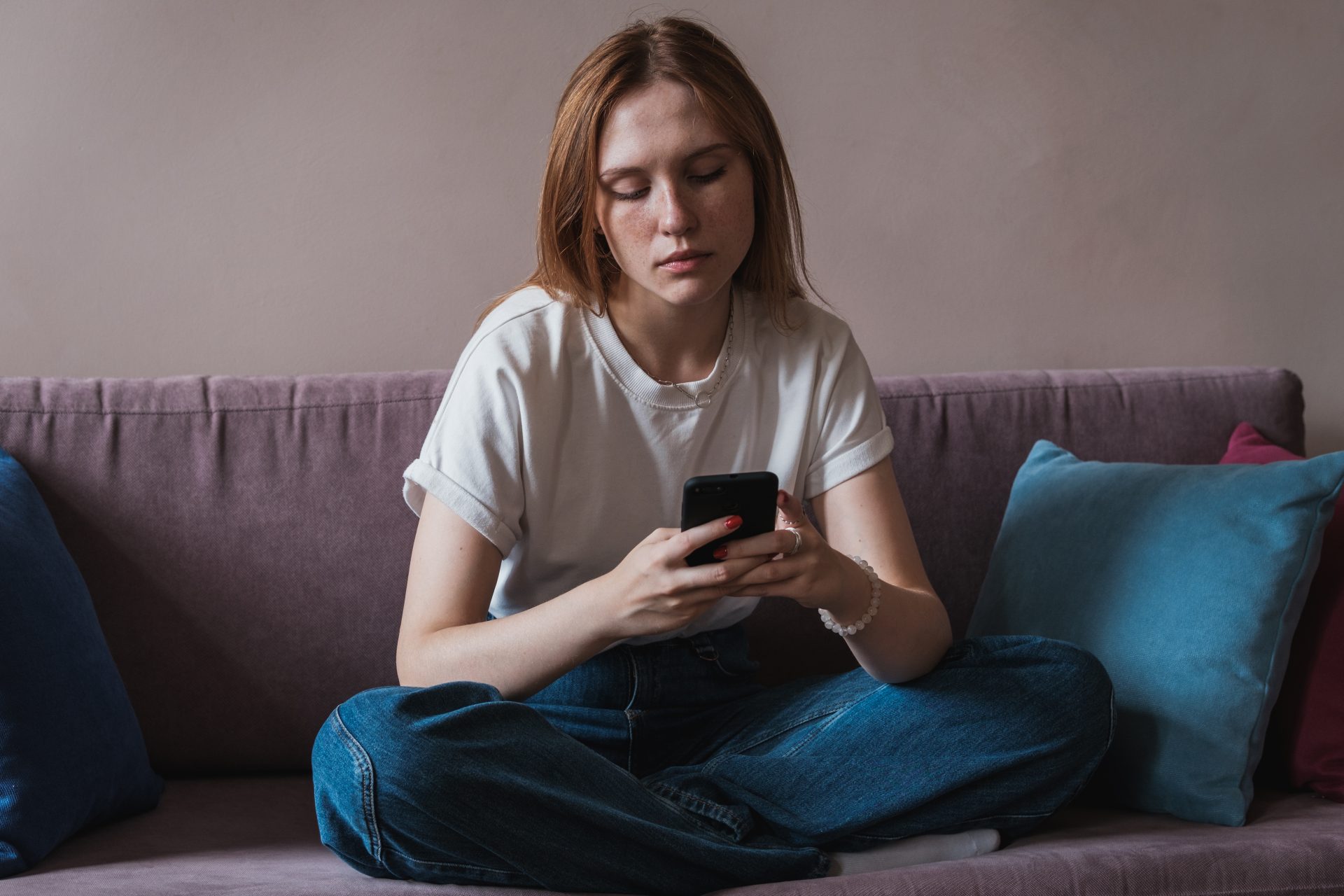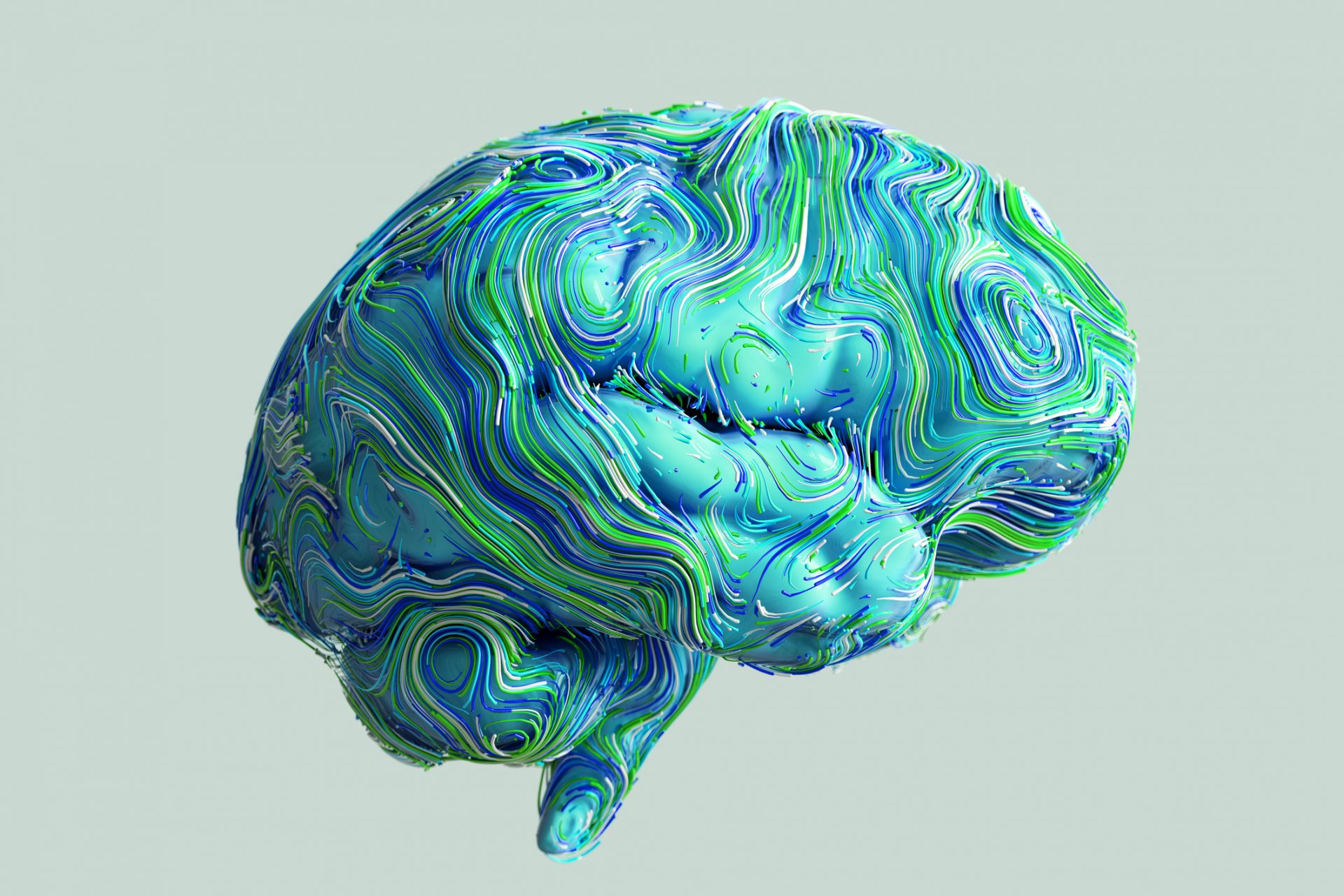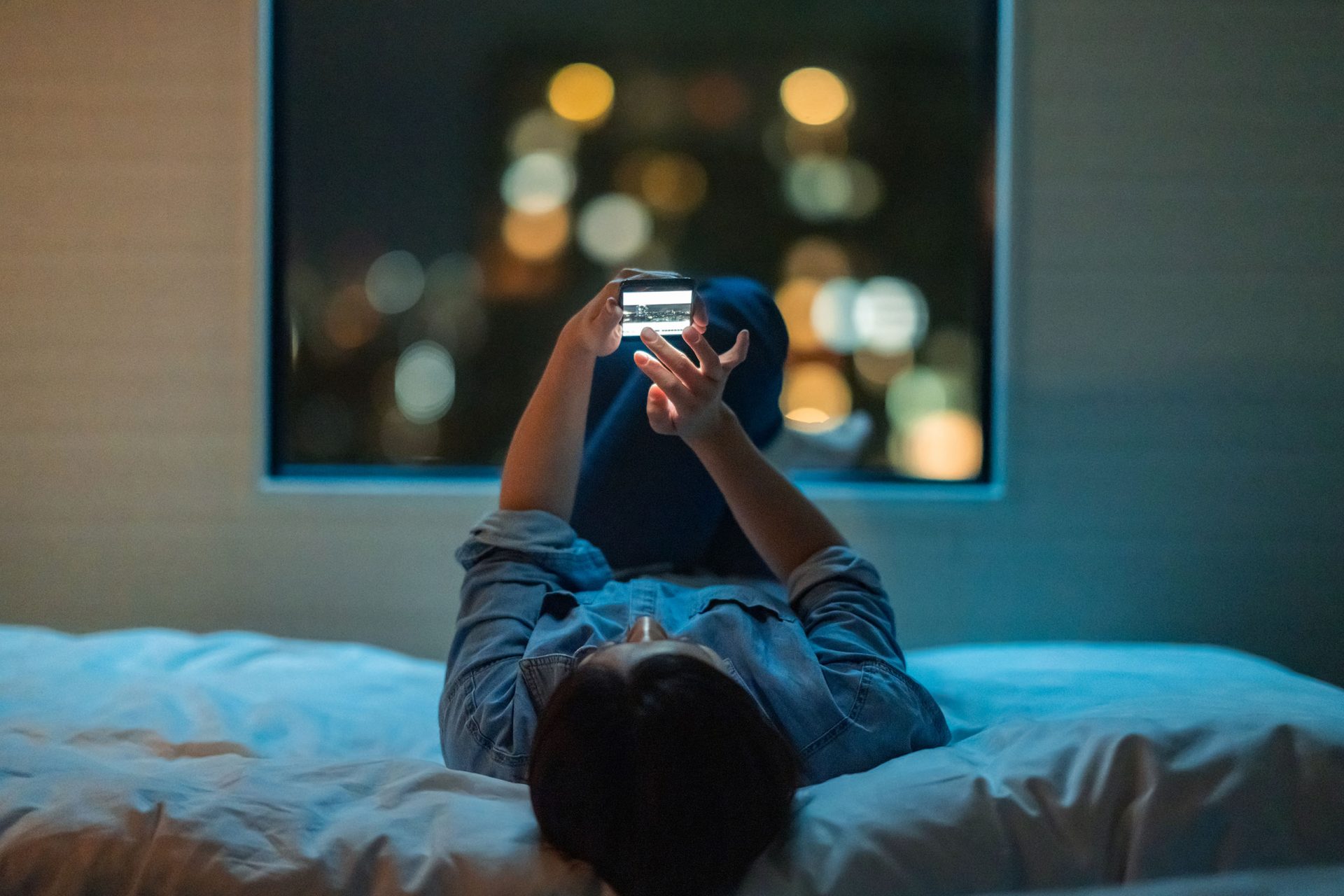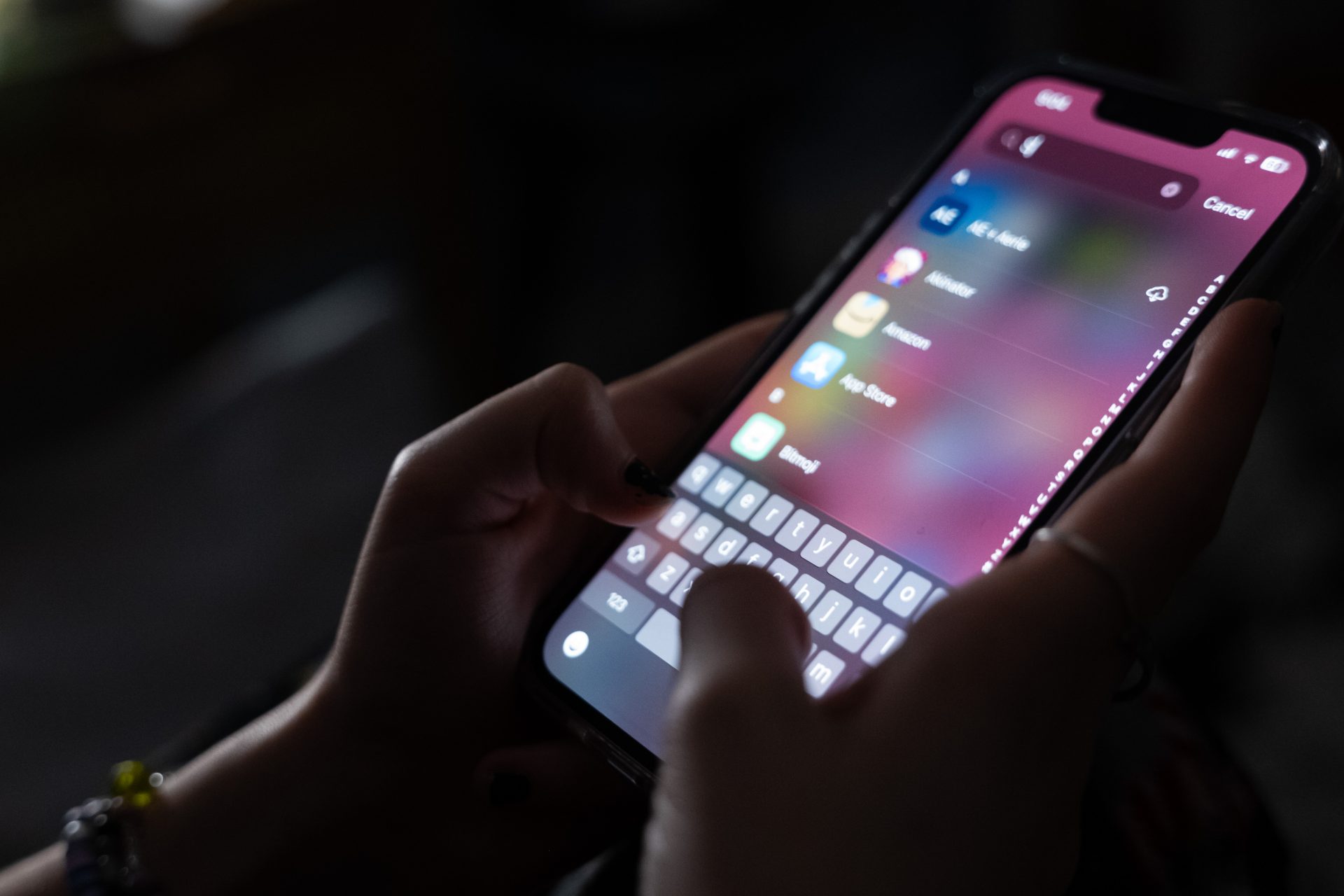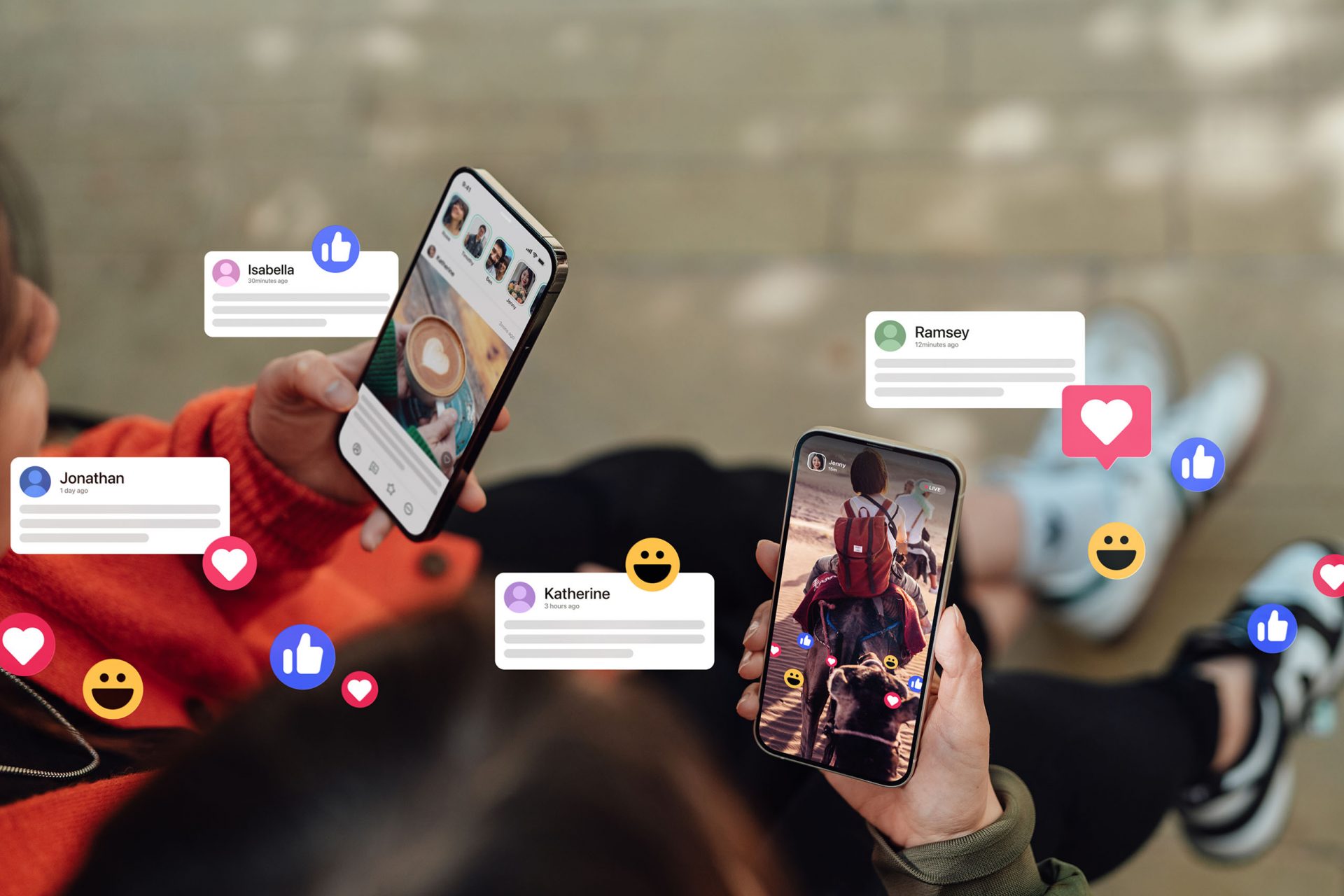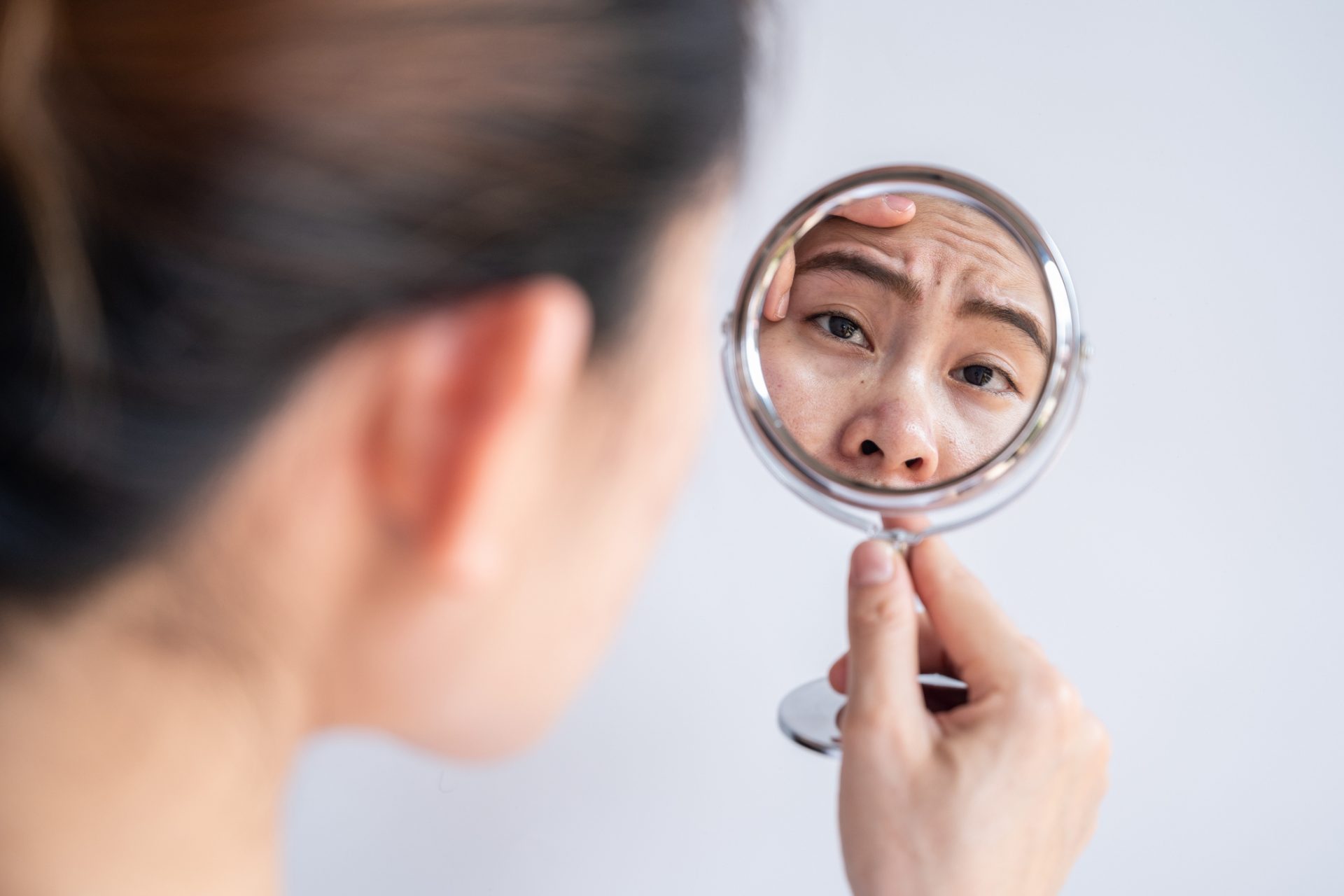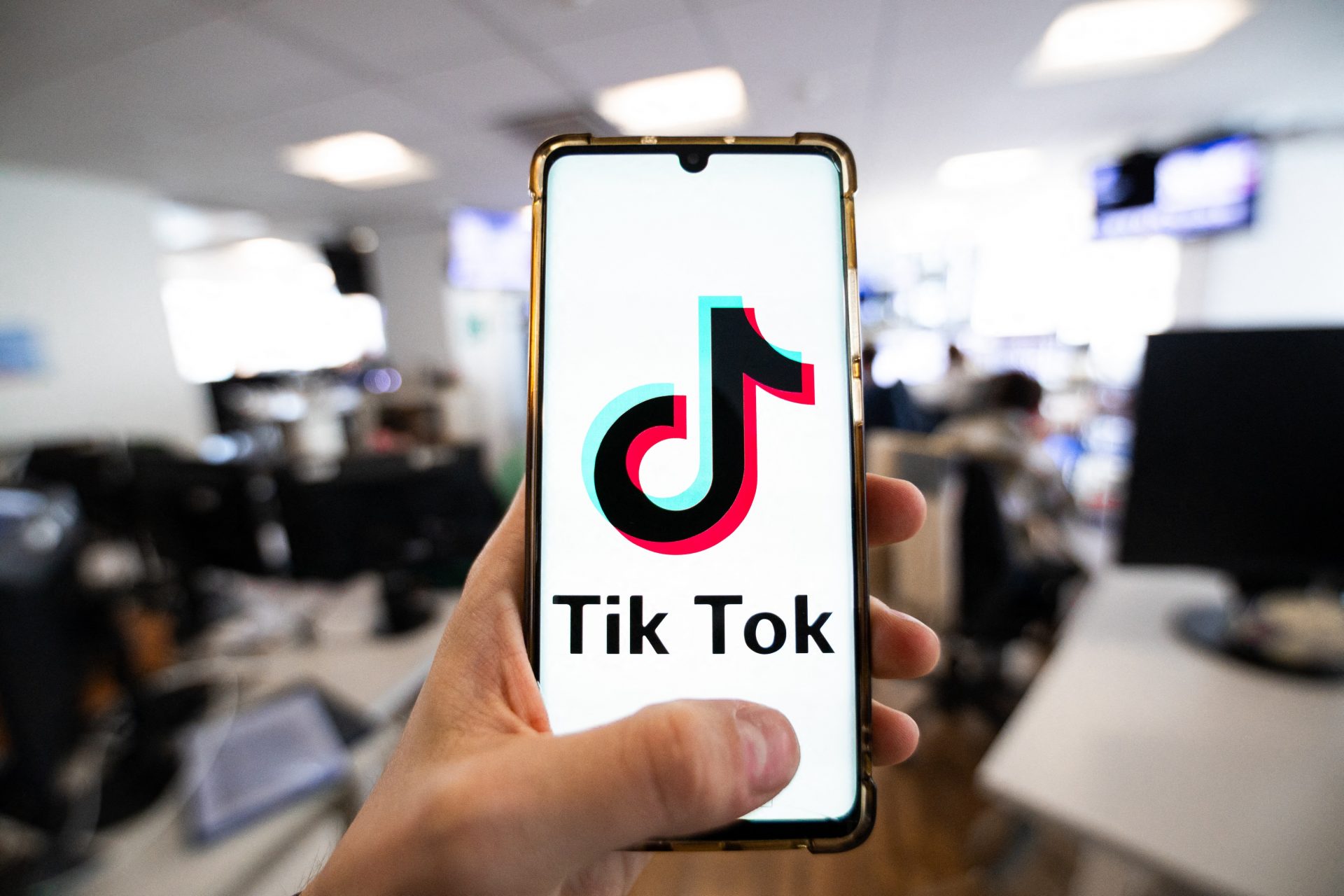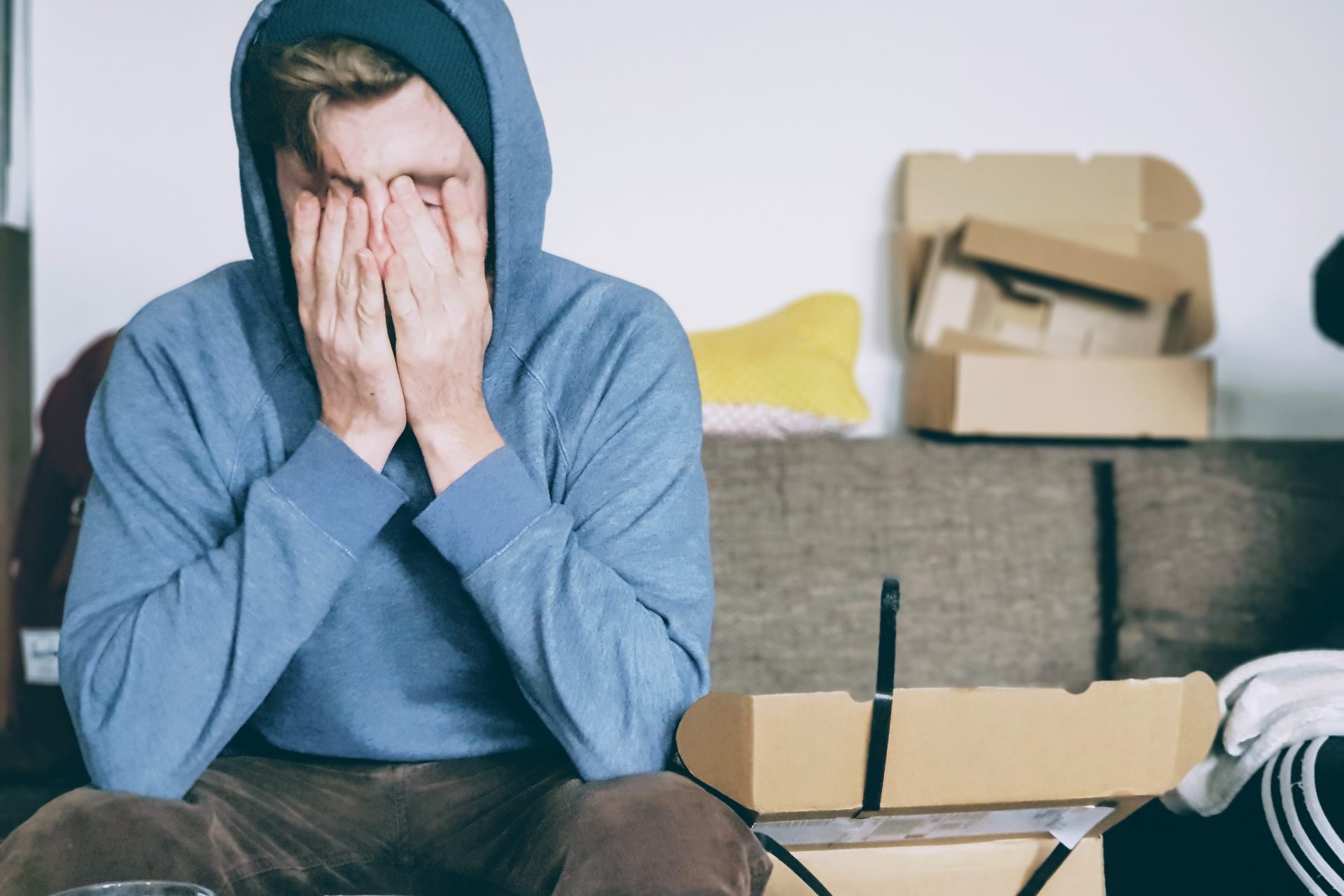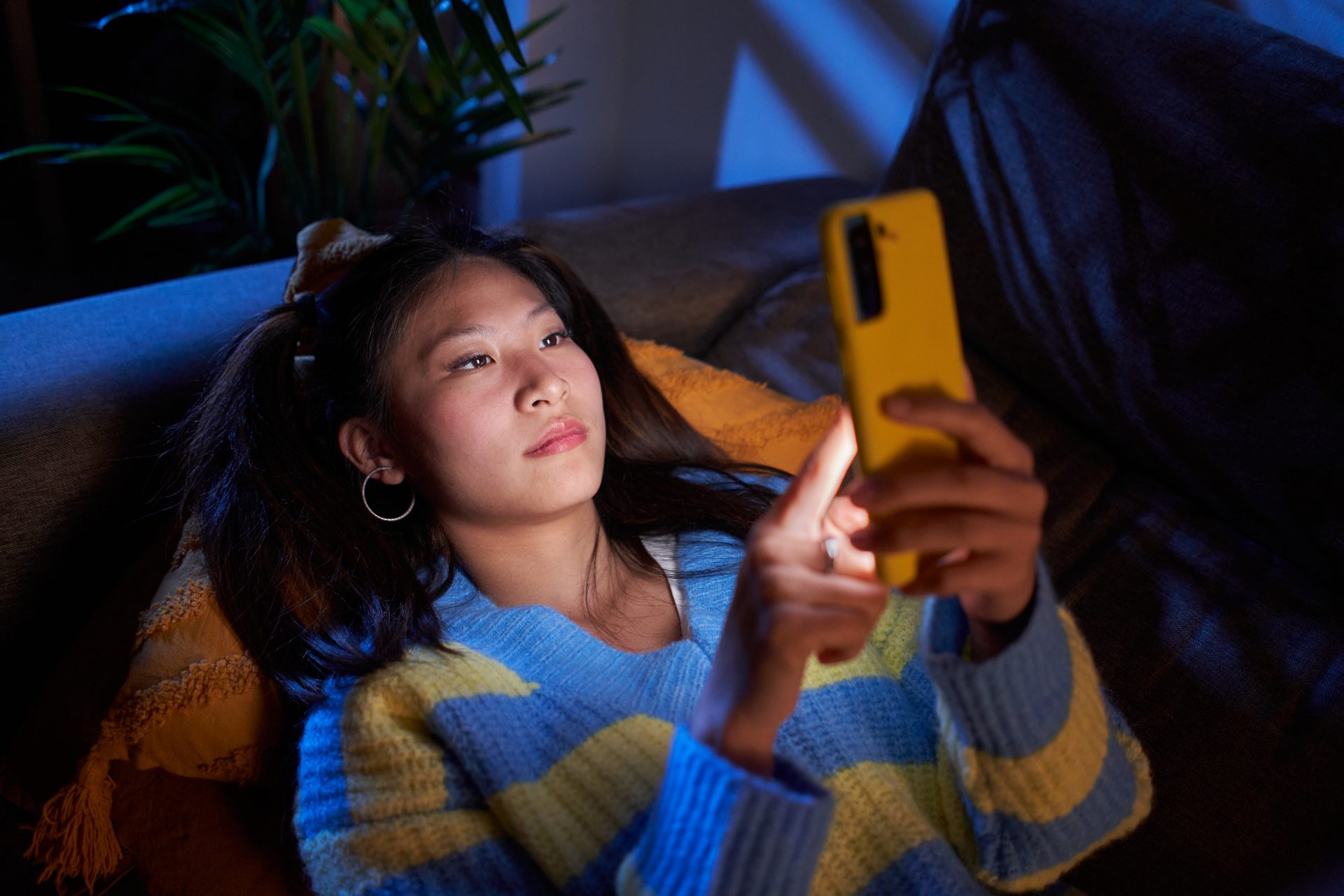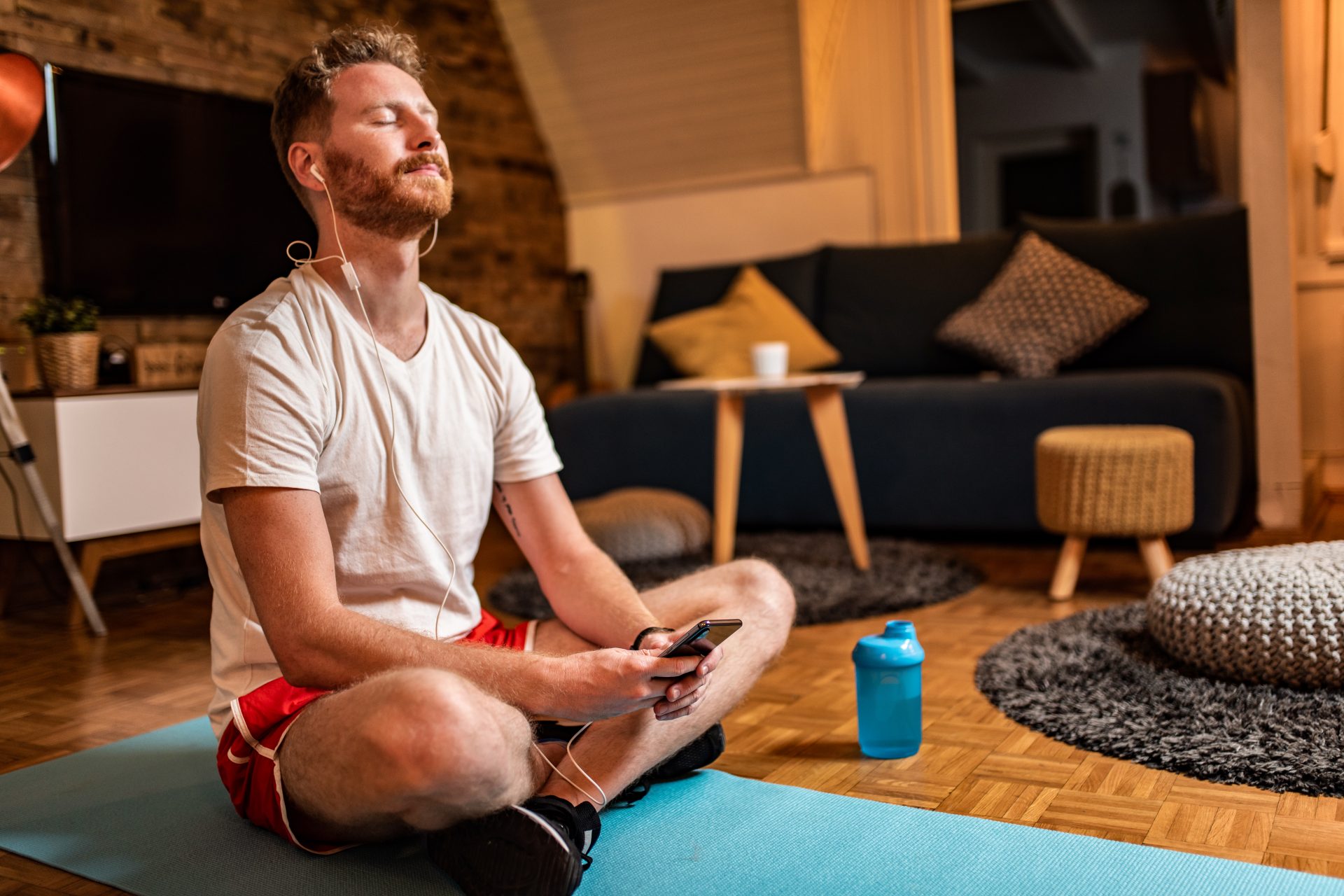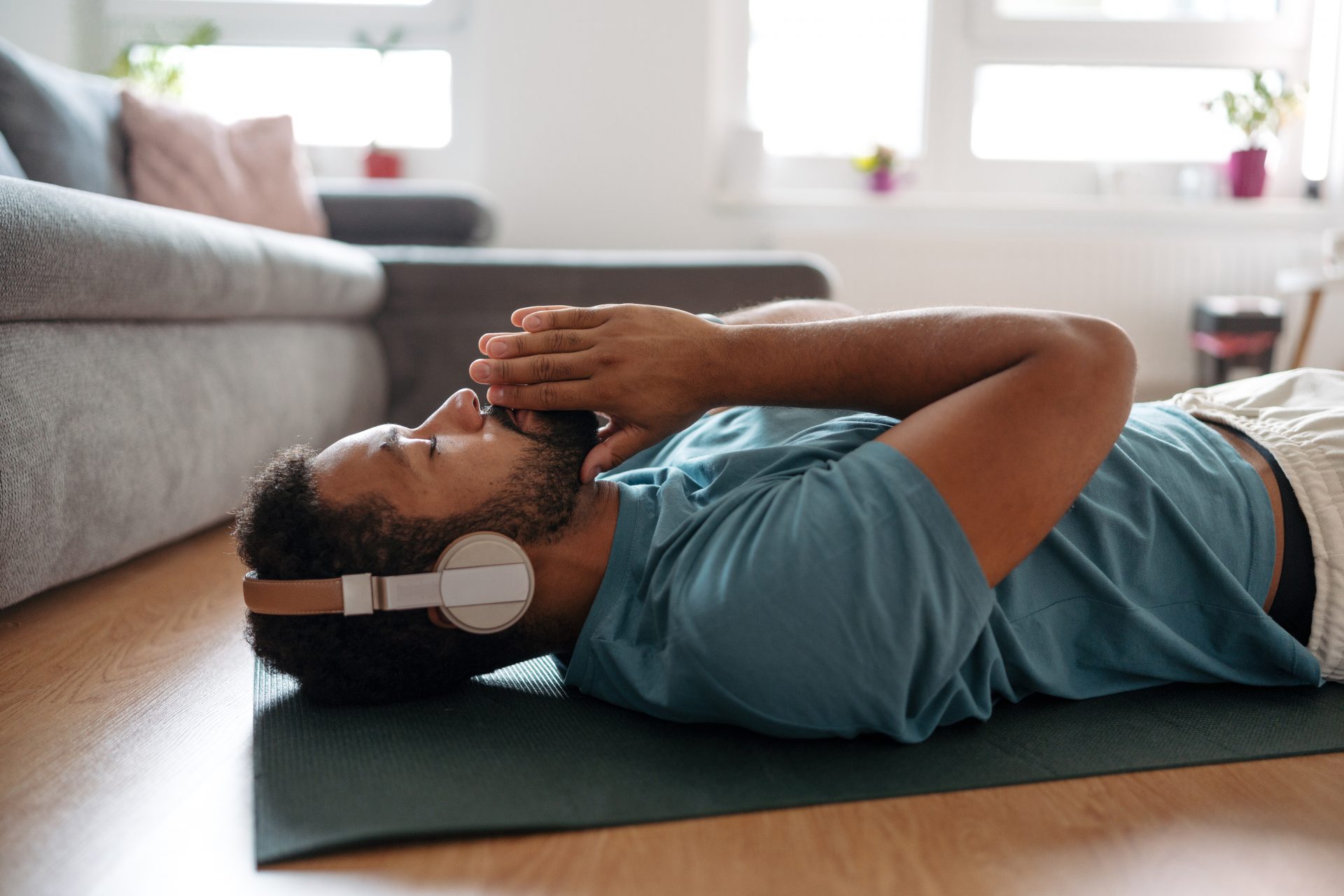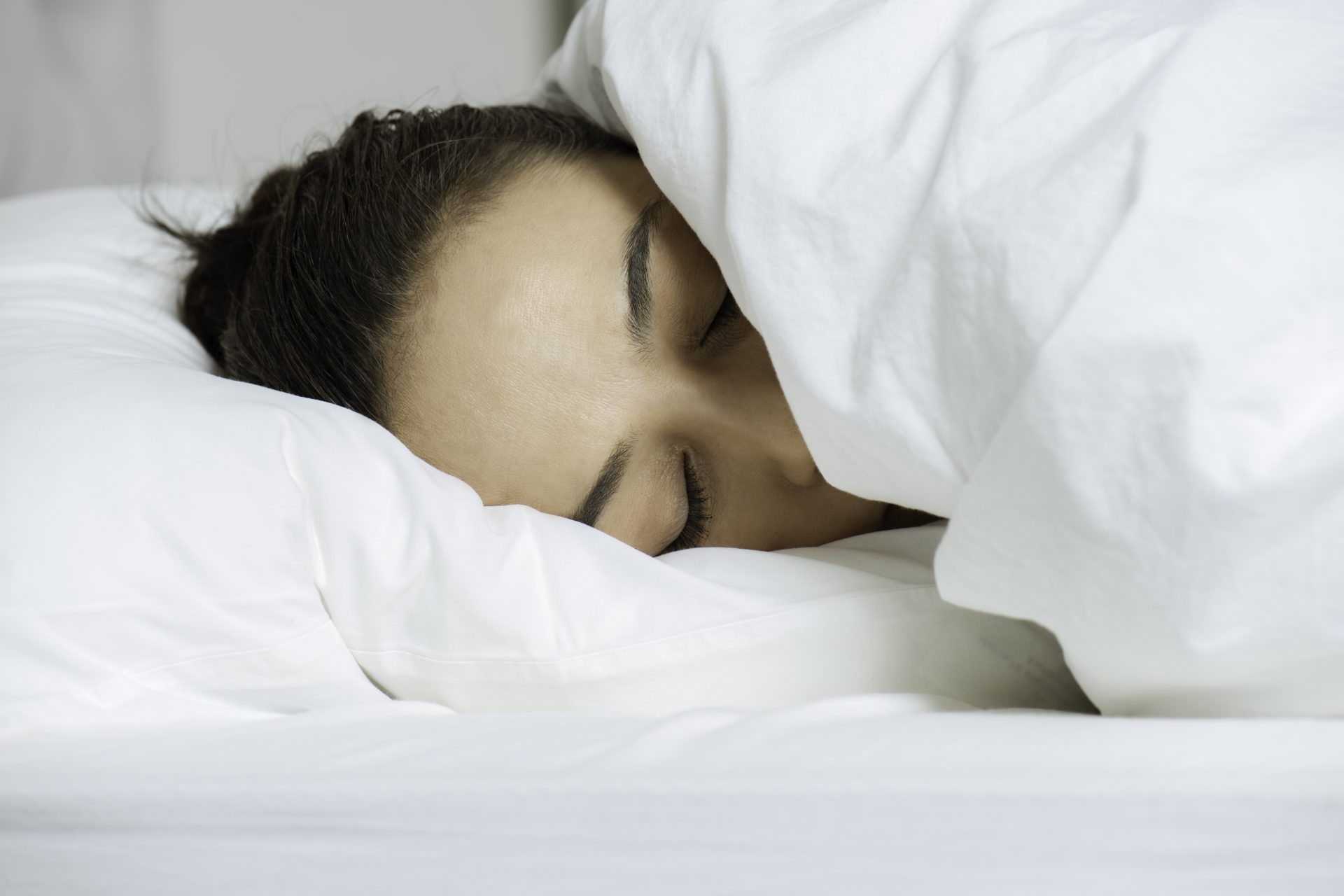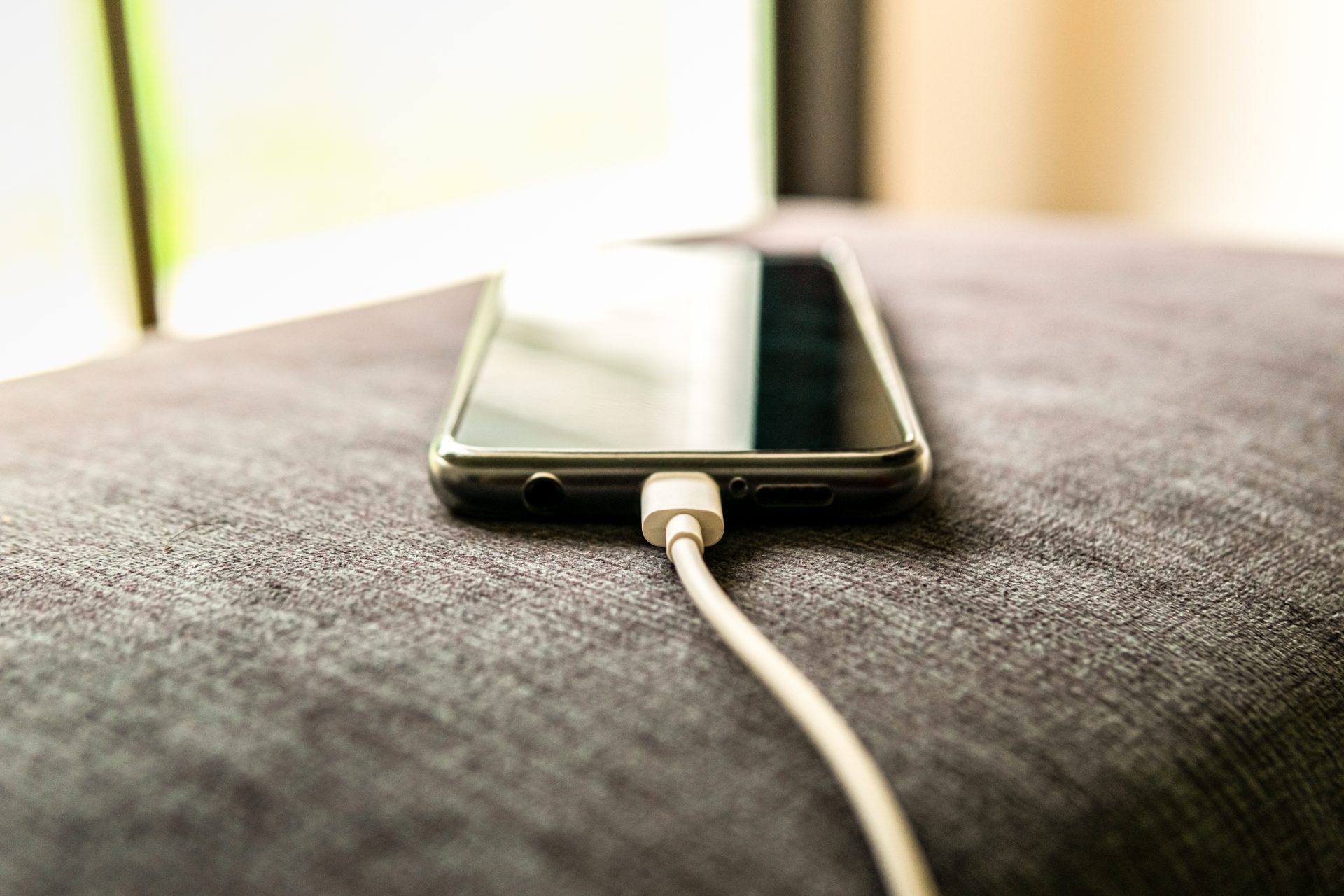Could you be addicted to social media? Tips to know how much is too much
Social media is a ubiquitous part of our human experience. However, the constant flow of information can affect your life. So, how can you know if it is too much?
According to a US Surgeon General 2023 advisory, social media can overstimulate the reward center in the brain, triggering reactions similar to addiction.
However, science is divided on whether social media and the internet can be considered addictive. According to the New York Times, some experts prefer "problematic use."
Still, a compulsive use of social media can be as damaging as an addiction, and as the internet becomes a basic necessity, it is hard to know how much is too much. The website rehabtoday.com listed some parameters.
Spending hours scrolling through social media can indicate an issue. A constant need to check notifications, interrupting social interactions or work, can signal a problem.
Another indicator of problematic use is neglecting responsibilities to spend time on social media. A clear indicator is when the behavior interferes with daily duties at work or home.
Another clear indicator of excessive social media use is personal relationships. If the activity is causing problems with your loved ones, it might be time to stop.
Another helpful way to spot compulsive social media use is to look for the consequences: constant comparison can hurt self-esteem and lead to feelings of inadequateness.
Neglecting hobbies and activities that once generated great passion and interest can indicate a problematic use of social media.
Feeling anxiety or restlessness when not connected could be a signal of social media withdrawal syndrome, with symptoms not much different from those experienced by individuals who cease using illicit substances.
Photo: Christian Erfurt / Unsplash
However, finding a balance in the use of social media is not an impossible challenge. The website Health has gathered the opinions and strategies of various mental health specialists to overcome the compulsion.
Today, most smartphones have tools for tracking time spent on different applications. Setting a timer for each platform is the first step in establishing limits on connection times.
Photo: Veri Ivanova / Unsplash
But, if setting time limits does not work, psychologist Natalie Feinblatt told Health, an effective alternative would be to take a more break from social media, for a week or even a month.
According to a 2023 study by the University of Windsor, Canada, cited by Health, people who underwent a digital detox for two weeks found significant improvements in night rest and personal relationships, significantly reducing stress.
"The sleep deprivation associated with social media is where we're seeing the most harm," Petros Levounis, chairman of the Department of Psychiatry at Rutgers University, told Health.
Levounis advises turning off notifications before sleeping or removing phones from the bedroom. That will promote restorative rest and be a small but significant step toward reducing problematic social media use.
Another suggestion is to create a social-media-free space at home. For example, not checking Facebook or TikTok during meals will facilitate interaction and communication.
Fiona Dowman, an addiction specialist at Purple Bridge Psychology, recommends replacing social media time with engaging activities.
However, if overcoming a social media compulsion is too challenging, seeking help from a specialist and a support group could be the key to successfully exiting and regaining lost balance.
More for you
Top Stories



